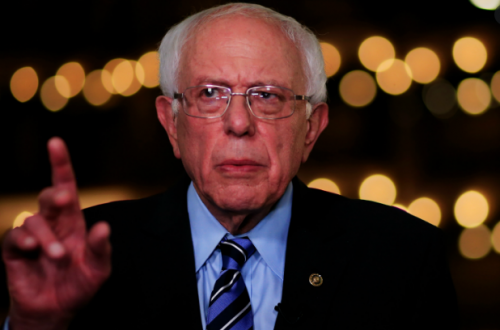The Times has published an excerpt from Anthony Julius’s new book about English antisemitism, Trials of the Diaspora.
Julius is most famous as the attorney who represented Diana, Princess of Wales, in her divorce from Prince Charles.
I found this passage especially interesting:
Since everything about and around [Diana] was of interest to the media, I myself became of interest to the media. Several newspapers and magazines published profiles of me, in the main composed of clichés. As a Jew I was an “outsider”, not “Establishment”, and this confirmed Diana’s own “outsider” status. I was also an “intellectual”, a contrast to the unacademic Diana. My background was middle-middle-class, a contrastwith Prince Charles’s lawyer, Fiona Shackleton, a partner at the royal family’s law firm.
The profiles tended to be uncertain how to assess the significance of my Jewish identity, save that they all took it to be of immense significance. I also started receiving odd letters during this time. Some gave me advice, some chastised me for disrespect towards the monarchy and some were anti-Semitic. It was all rather bemusing, but nothing more than an intermittent, minor distraction from the negotiations themselves.
The piece in the Saturday July 13, 1996 edition of The Daily Telegraph was of an entirely different order. The newspaper had been markedly friendlier to Charles than to Diana during the divorce. The item appeared the day after the settlement had been announced. Under the headline “Solicitors with irreconcilable differences”, it read: “It became clear almost immediately that the incompatibility of the Prince and Princess of Wales stretched even to the solicitors they had employed.
“The prince, as expected, had chosen the bridge-playing Fiona Shackleton, 39, of Farrer and Co, who had also represented the Duke of York in his separation agreement.
“One of the country’s most respected family law specialists, much of Shackleton’s career has been geared to arranging favourable divorce settlements for her clients. She adopts a conciliatory approach.
“Unfortunately, her softly-softly approach is at odds with the more bullish attitude of the princess’s solicitor. Anthony ‘Genius’ Julius, 39, is not a divorce lawyer but a specialist in media law, acting for Robert Maxwell and once employed by the Daily Mail.
“His background could not be further from the upper-class world inhabited by his opposite number. He is a Jewish intellectual and Labour supporter and less likely to feel restrained by considerations of fair play.
“‘I’d be very worried if I were the royal family,’ says a Cambridge don who taught him. ‘He’ll get lots of money out of them’.”
The author went on to speculate about whether I had secured a good settlement for the princess.
I did not see the item until I was told about it. Several people telephoned me the following Monday. The legal director of the Telegraph group also called me. Complaints had been received. I should know that the journalist had written “outmoded considerations of fair play”. It was a sub-editor who had cut down the phrase to “fair play” and she was Jewish herself. Still, what would I like the paper to do? I said that it could do what it liked.
The next day, at the foot of another story about the royal divorce, the following item appeared: “Our royal divorce coverage last Saturday included profiles of the legal principals involved, Anthony Julius, of Mishcon de Reya, for the Princess of Wales, and Fiona Shackleton, of Farrer and Co, for Prince Charles.
“Intended to compare and contrast their styles, but without in any way seeking to question his professional integrity, we referred to Mr Julius’s background as a Jewish intellectual in a context which we now recognise, to our profound regret, to have appeared pejorative.
“Many readers have taken the strongest exception to this paragraph, making clear that they regard it as a racial slur. In acknowledging the force of this criticism, we offer our sincere apologies to Mr Julius and to all those who took offence.”
This was an edgy, easily embarrassed anti-Semitism — quick to run for cover.
A couple of questions come to mind:
–Would it have been any less odious if The Telegraph had used the phrase “outmoded considerations of fair play”?
–Is it just my paranoia, or are the English media more likely than the American media to emphasize someone’s Jewish ethnicity even when it is of no particular relevance?
(Hat tip: Adam Holland)


